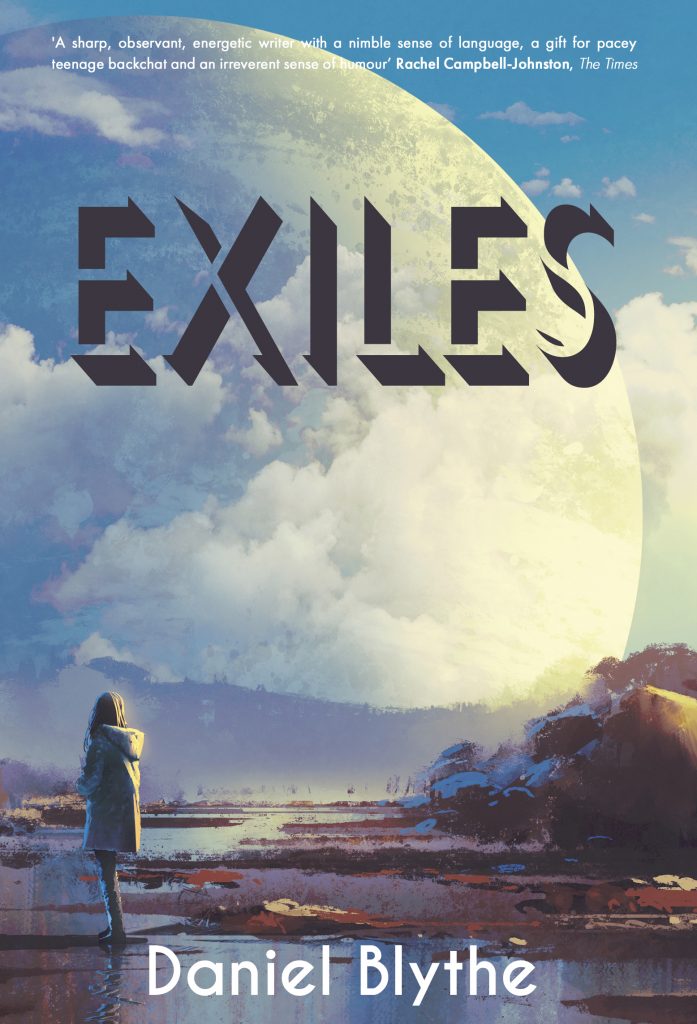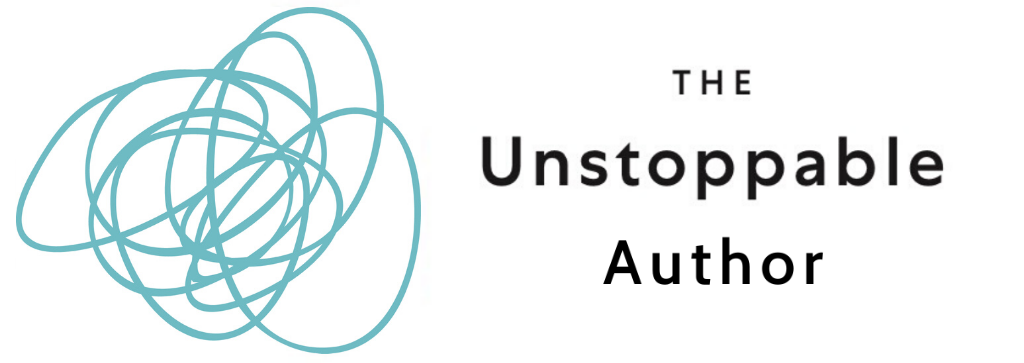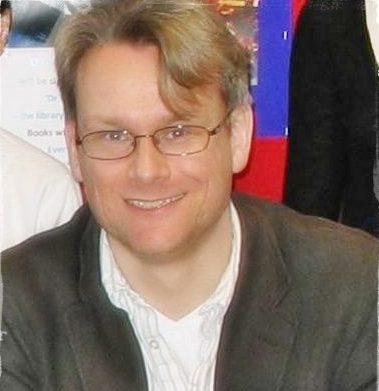“I realised that, if I was to survive as a writer, I had to diversify from the slightly furrowed-brow, angry-young-man literary fiction I had written before.”
The life is a writer is a bumpy ride, says novelist Daniel Blythe, but if you let go of your expectations it might just work out better than you expected.
We are told the 1990s was a great time to be published, with publishers splashing out on advances and taking authors to expensive lunches. I was never totally convinced of that. I was first published, in the Virgin Books Doctor Who range, at the tail-end of a recession – and in the 27 years since, I’ve never heard anything other than ‘it’s a tough environment to release a book into’. However, I did have a small taste of this kind of thing, when my novels The Cut and Losing Faith came out with Penguin/Hamish Hamilton in the late 1990s. At that time, I was very serious, and fancied myself as a bit of a ‘literary’ writer. I read a lot of Amis, McEwan and Julian Barnes.
I think it’s fair to say that, in my mid-20s, I had little idea of what a big deal this was. I just assumed that all the radio interviews, the bookshop signings, the nice hotels and the quarter-page review in the Times were a sign of the publicity department doing their job, and that I could expect more of this as my career progressed.
What any writer of more than a couple of books will tell you, of course, is that the notion of a ‘career’ is pretty laughable! It’s a job with financial insecurity, where you are the lowest in the publishing food chain and are paid less than the most junior of editorial assistants – and where you can vanish into obscurity overnight. Penguin not doing the promised B-format paperback of Losing Faith was the first glitch in my, up to then, upward trajectory as a writer. Apparently, the trade paperback had not sold enough to justify it. (Was it unfair to point out that, for a book to sell well, you first have to get enough copies into the bookshops? This seems fairly basic economics…)
This marked the end of my association with Penguin – but my agent, as ever, came to the rescue with a contact at Allison and Busby who wanted a book about 80s films and their soundtracks. David Shelley may be a very big name in publishing these days, but back in 2002 he was a young editor making his mark – and, indeed, one of the best editors I’ve ever had. That 80s book somehow became, in the course of our discussions, a light-hearted encyclopaedia of 80s pop music, which was published in both hardback and paperback as my first non-fiction work. And there and then, I realised that, if I was to survive as a writer, I had to diversify from the slightly furrowed-brow, angry-young-man literary fiction I had written before.
That was the point at which I became an Unstoppable Writer. I picked myself up, I carried on, and I wrote many different things, most of them under the same name, my own real name, which I had used from the start. My agent, Caroline Montgomery, has been with me almost from the beginning, never losing faith in me despite my odd, eclectic body of work and my sometimes loose approach to deadlines. So I did more Doctor Who (now for BBC Books), books on parenting, politics, robotics and the joys of Christmas. I wrote another big novel, This is the Day, this time for my new friends Allison and Busby. I wrote eight ‘reluctant reader’ mini-novels for Badger Learning, and Young Adult fiction for Chicken House and others (Shadow Runners and the Emerald Greene books). I also started doing more teaching, in universities and for the Workers’ Educational Association. I have led author days with talks and workshops in over 400 schools. I’ve just had my tenth – and longest – full-length novel published, a YA science-fiction mystery called Exiles, which is out now with Fantastic Books.
Being a writer has not worked out the way I expected. But I think I can tentatively say that, although it has been a very bumpy ride, it has worked out better than I expected. Very differently from how that earnest, McEwan-reading 25-year-old might have seen himself – but still better.
Daniel Blythe is an acclaimed writer of novels for children and adults – as well as a writer of non-fiction on subjects as diverse as popular music, politics, collecting gadgets and games, parenting and the history of robotics. He has written several of the official Doctor Who books licensed by the BBC. Daniel’s first book with a teenage narrator was 1999’s The Cut (Penguin). In 2012 his first supernatural fantasy novel for young readers, Shadow Runners, was published. Emerald Greene and the Witch Stones (for age 9-12) was published in 2015 and a sequel Emerald Greene: Instruments of Darkness in 2017. Daniel’s first Badger Learning novel New Dawn (for reluctant readers and dyslexic readers) came out in Autumn 2015, and his further reluctant reader books are I Spy (nominated for the Leicester Reading Rampage Award 2018) Fascination, Kill Order, Hope and Truth and Kiss the Sky. His new novel for teenagers, a sci-fi mystery called Exiles, was published in Autumn 2019, and a sequel is due in 2021. Daniel has worked extensively in schools with children and young people aged from 7 to 18. He has been an Associate Lecturer on the MA in Creative Writing at Sheffield Hallam University and mentors, advises and edits writers of all ages through various agencies. He is a regular judge on the Novel Slam for the Off The Shelf festival and leads classes through the Sheffield Artists’ Hub at Kurious Arts. Daniel lives in Sheffield, with his wife and their two young-adult children.
www.danielblythe.com

How to become Unstoppable: Author Daniel Blythe

